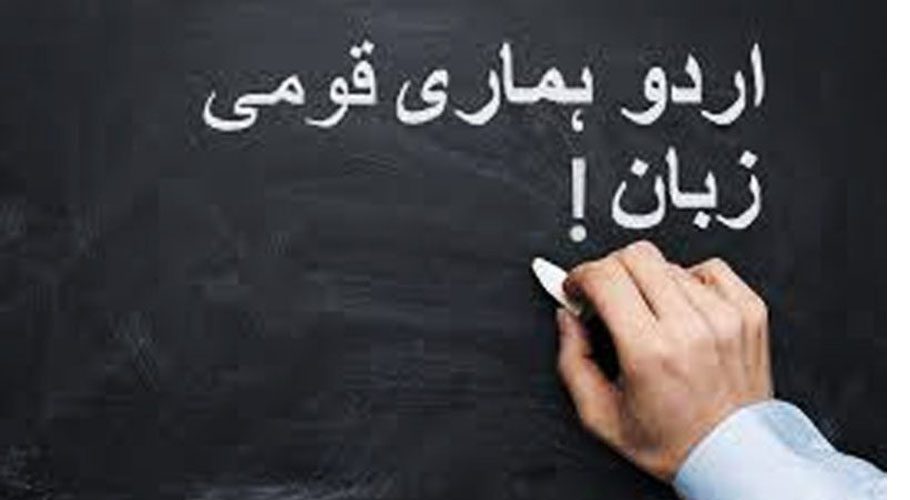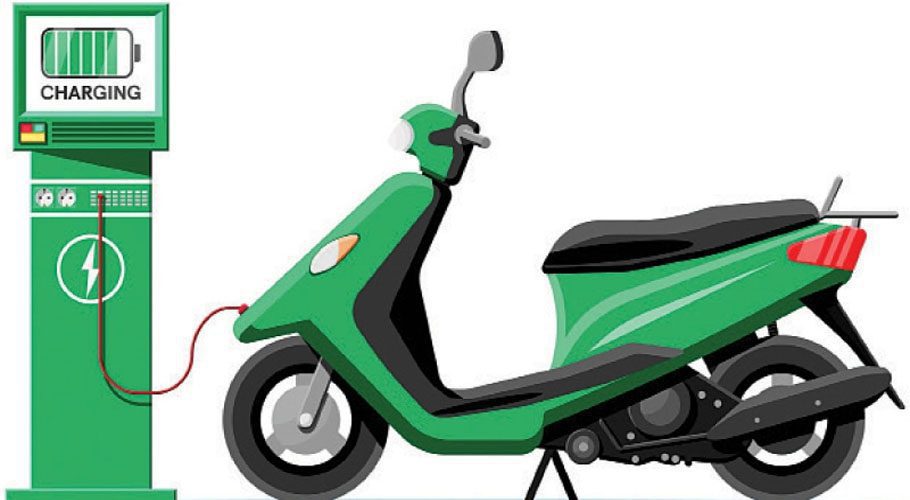![]() Follow Us on Google News
Follow Us on Google News
VIENNA: Austria’s Sebastian Kurz announced he was stepping down as chancellor following pressure on him to resign after he was implicated in a corruption scandal.
His announcement in a televised media statement caps a spectacular rise in politics and a tumultuous four years as chancellor, in which his government already collapsed once. Kurz, who in 2017 became the world’s youngest democratically elected leader, said he wanted to “make space to prevent chaos”.
“We need stability,” the 35-year-old conservative said, adding it would be “irresponsible” to allow Austria to “slide into months of chaos or gridlock” while the EU member of almost nine million fights the pandemic.
The pressure on Kurz to resign, including from his own junior coalition partner the Greens, started after prosecutors on Wednesday raided several locations linked to his People’s Party (OeVP).
They announced that Kurz and nine other individuals were under investigation over claims that government money was used between 2016 and 2018 in a corrupt deal to ensure positive media coverage. Kurz has denied any wrongdoing, reiterating that allegations against him were “false.” “I will be able to clarify it; I’m sure about that,” he said calmly.
Kurz said he would suggest Foreign Minister Alexander Schallenberg as new chancellor, while he would stay on as OeVP leader and a lawmaker in parliament.
Vice-Chancellor and Greens leader Werner Kogler said he would meet Schallenberg Sunday to discuss how the coalition would continue to govern, calling Kurz’s resignation a “right and important step”. Kogler on Friday had asked the OeVP to name another chancellor, saying Kurz was “no longer fit for office”.
Opposition parties criticised the Greens for continuing to work with the OeVP despite the corruption allegations. Social Democrats (SPOe) leader Pamela Rendi-Wagner said Kurz would continue to pull the strings “from the shadows”.
By stepping down, Kurz avoids having to face a parliamentary no-confidence motion, which he was expected to lose after the Greens turned against him.
In 2019, his coalition with the far-right Freedom Party (FPOe) collapsed after his ally became engulfed in a corruption scandal dubbed “Ibizagate”. The fresh elections once again saw Kurz’s OeVP come out on top.
In the latest scandal, according to prosecutors, the core allegation is that between 2016 and 2018, finance ministry resources were used to finance “partially manipulated opinion polls that served an exclusively party political interest”.
This correlates to the time period in which Kurz, already a government minister, took over the leadership of the OeVP and later that of the Alpine nation at the helm of a coalition with the FPOe. Prosecutors allege that payments were made to an unnamed media company in return for publishing these surveys.
While Kurz has denied any wrongdoing, he said some of the text messages he wrote that have been leaked from the investigation files were composed in “the heat of the moment”. “I’m just human with emotions and mistakes,” he said.
The OeVP-Green coalition – a first at a national level – entered office in January 2020 and has already been put under strain several times by the fallout from other corruption scandals and differences over questions such as refugee policy.
Thousands demonstrated in front of the OeVP headquarters in central Vienna on Thursday, calling for Kurz’s resignation while waving signs that read “Against corruption” and “Shame on you”.


























